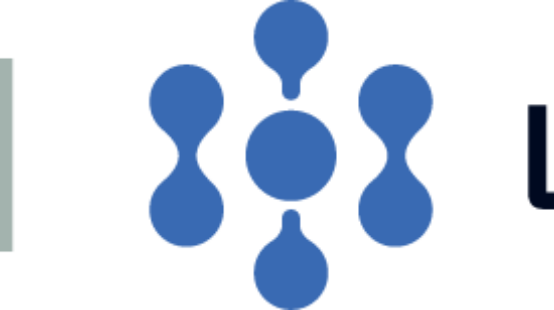
From easier shopping and better healthcare to instant personal communications, the digital age that we now live in has already unlocked truly remarkable advances and there are undoubtedly many more to come.
The magical resource that enables all of these advances to happen is our human data. As we are all now becoming aware, our data has already created a trillion-dollar global digital economy. However, none of us can know of all the places where our data is being used by others – let alone being able to claim our own fair share of the informational value that’s being created through its use.
There’s a simple answer: give each and every one of us the ability to easily reclaim copies of all of our own data. The result would be both powerful and empowering for all of us.
Owning our own data creates a personal ‘digital mirror’ of how we appear, in all of the different digital (and real-life) places that we visit. In time, it can provide us with deep insight into who we are and give us personal recommendations toward better outcomes in life.
Human data for health
Healthcare is a great example of how our personal digital mirrors can have a hugely beneficial impact on our lives. The ability to control all of our own 360º life data is the primary way that this will become possible. In fact, it’s the only way that it can happen safely and securely.
The only place where the sum of a person’s 360º life data should reside is with them.
What’s more, when we combine our human data with others, we can unlock even more knowledge for ourselves and for those we care about. For example, a group of type 1 diabetics might anonymously share their blood glucose levels, insulin doses, carbohydrate intake, step count, and sleep patterns over time, to reveal simple changes in behaviour that create remarkably helpful ways to live more easily with the condition day-to-day.
Collectively, people can also choose to share data (anonymously) for more tangible value, for example, receiving money from market research and medical research, or donating the value of their data to a charity.
When people are able to participate with their data, on their own terms, they effectively become ‘Digital Citizens’ rather than subjects – free to choose how and where they interact with their data.
Human data for finance
Electronic banking and mobile apps have already transformed the way that we manage our finances. In India, cash is being replaced by mobile app transactions and QR code interactions. In Africa, 51 million people use mobile payments app, M-Pesa, each day. As the daily use of cash and coins is being replaced by e-payments worldwide, access to banking data is now being opened up for people in many countries. Appropriately enough, in the UK, this is known as ‘Open Banking’ and it will be followed by ‘Open Finance’. This will give UK citizens access to their own pension, mortgage, and savings data, helping them to shop for better products. The movement to give citizens rights to access copies of their own data is accelerating. In the European Union, new legislation, the Data Act and Data Governance Act, will come into force in 2023, and force all products and services to share the data they collect with the citizens who own that data. Citizens will then be able to own the most complete set of 360º digital data about themselves.
Empowering people to combine their own banking and finance data with all of their other 360º life data – their human data – will provide revelatory insights and immense new value for people and society.
In times of financial strife and recession, providing people with accurate financial knowledge and the next best actions – all embedded in the reality of their everyday lives – becomes life-changing.
How can we enable citizens to control their own human data?
At CitizenMe we have created the platform to enable this human-centric digital future to happen.
Firstly, you own your data and you should also own a copy of all of the data that exists about you elsewhere. For us, this should be a right for everyone – a right to our own digital selves, or a “right to self”.
Therefore, we have created an app, designed for all 5 billion smartphones, that enables digital citizens to easily gather their own data, into their own devices, and onto their private personal iOS or Android clouds. We don’t store citizens’ personal data on our servers and never will. This means that citizens can truly say that they hold and control their own data in their own hands.
For businesses and organisations, this creates a revolution in understanding and interacting with the humans they seek to satisfy. With the imminent end of cookies and increasing privacy regulation, businesses are facing a scarcity of data at a time when people demand ever more personalised products and services.
The simple answer is to ask people directly. Marketers call this data ‘Zero-party data’ and CitizenMe’s technology now makes this possible. A CitizenMe project conducted with a major US telco recently saw a 25% increase in customer engagement through direct ‘data conversations’ with their subscribers. What’s more, the switch to a more human-centric and fully consented data business model elevates their operations above the new and upcoming regulations.
Safe, secure, and ethical data management benefits everyone. Rather than creating ever larger data silos inside a few big Silicon Valley platforms, the next evolution of the internet is about enabling absolute empowerment for all participants in a digital society, be they consumers, citizens, employees, patients or businesses, governments, hospitals, or charities.
We all want to see a world where the new digital era serves each and every human; a more humane digital society.
The time to do this is now.
If you would like to find out more about how CitizenMe is shaping the digital landscape and how your business can benefit, please drop us a line.
Email: [email protected]



